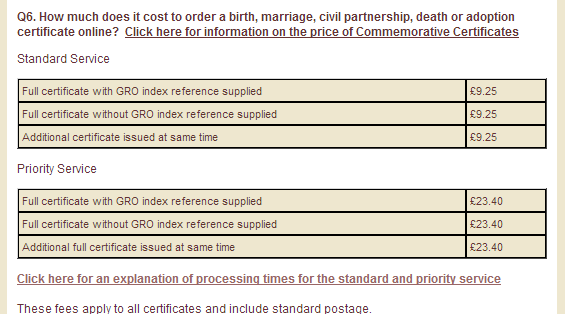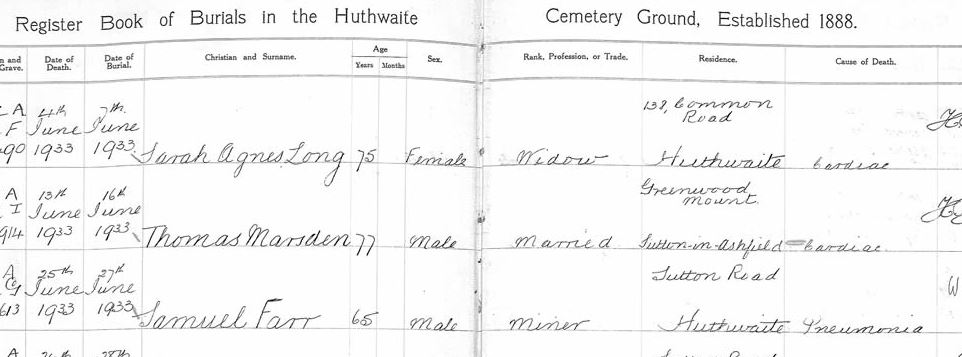As already stated in previous answers, the obvious course of action is to use the reference in the registration you've already found and order the certificate from the GRO's Certificate Ordering Service.
From the GRO's Most customers want to know:
Q1. What information will I see on a certificate?
The details contained on a death certificate include:
Name, date and place of death.
Date and place of birth (before 1969 a certificate only showed age of deceased).
Occupation and usual address.
Cause of death.
The person who gave information for the death registration.
They provide a Guide to Death Certificates which includes an example of a pre-1969 death certificate.
Elsewhere on the page they show the cost of ordering the certificate:

Click through to their site to see their explanation of delivery times and to find other information about getting started with family history.
An indirect method to get more information -- to determine if the GRO reference you've found might be the person you're looking for -- is to do a probate search to see what information might be in the probate calendar. This will not show a cause of death, but may give you a date and place of death, a residence, and other identifying details.

I picked an entry at random from 1958 as an example. Other entries on the same page listed the hospital at which the person died.
The will or administration won't give the cause of death, but if you decide you want whatever information might be in the probate papers, you can order the will online.
For more help with determining if you have the right GRO certificate before you order, see these questions:



